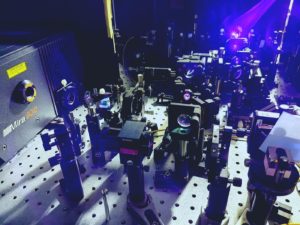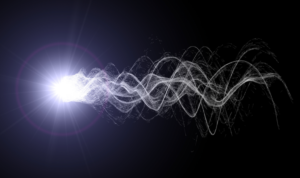Quantum computing holds tremendous promise but is hindered by the pervasive influence of noise on the delicate quantum states. Various strategies have been devised to mitigate these errors in the absence of error correction, yet it remains unclear when such methods are sufficient.
Here, we consider the fundamental sampling cost, i.e., the number of iterations required for an arbitrary error-mitigation protocol to reliably operate on a noisy quantum device. In our investigation, we present universal lower bounds on the sampling cost necessary for quantum error mitigation to achieve prescribed accuracy levels with high confidence. Our analysis encompasses a broad spectrum of mitigation methodologies, spanning from nonlinear postprocessing techniques to potential innovations yet to be uncovered. Notably, our findings underscore a profound challenge: irrespective of the specific mitigation approach employed, the sampling cost escalates exponentially with the depth of the quantum circuit across various noise models.
These results shed crucial light on the intrinsic limitations hampering the scalability of contemporary noisy quantum devices, thereby delineating critical pathways for advancing the field toward practical, error-resilient quantum computation.
- Universal Sampling Lower Bounds for Quantum Error Mitigation
Ryuji Takagi, Hiroyasu Tajima, and Mile Gu
Phys. Rev. Lett. 131, 210602 – Published 22 November 2023




